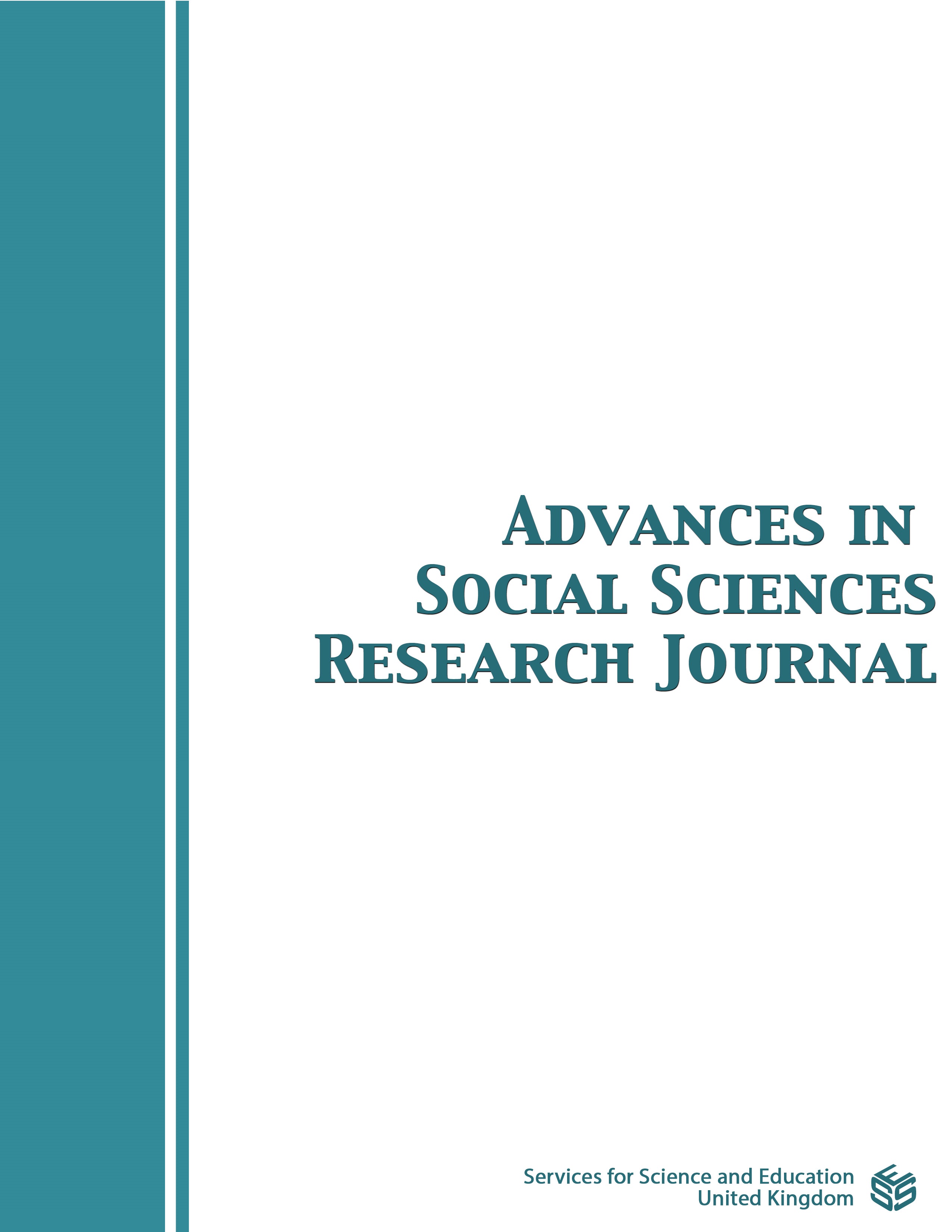The Crises Facing Sports Federations in Libya
DOI:
https://doi.org/10.14738/assrj.117.17283Keywords:
Crisis, sports crises, federations, sports federationsAbstract
The study aimed to identify the crises facing sports federations in Libya, and the study community consisted of the heads of the committees of sports federations in Libya, whose number (150) members, where the study was conducted by a comprehensive inventory method, as their number reached (150) members, and the researcher built a questionnaire as a study tool, and included (37) paragraphs, distributed on four axes, namely the administrative axis, the technical axis, the potential axis, and the legislative axis, and the validity and stability of the study tool was verified using statistical methods. The results of the study showed the crises facing sports federations in Libya, the legislative axis ranked first with relative importance (78.4%), followed by the possibilities axis on the second place with relative importance (77.79%), followed by the third-place administrative axis with relative importance (69.48%), while the last place came the technical axis with relative importance (36.60%). In light of these results, the study made a set of recommendations, including working to provide appropriate capabilities for sports federations adequately and within international standards and levels, benefiting from the experiences of other countries in crises in sports federations and bodies, and taking preventive measures to face some of the expected crises.
Downloads
Published
How to Cite
Issue
Section
License
Copyright (c) 2024 Abdelbaset Abdullah Ghaith Abdulmajeed, Mohamed Chadli Jalid

This work is licensed under a Creative Commons Attribution 4.0 International License.
Authors wishing to include figures, tables, or text passages that have already been published elsewhere are required to obtain permission from the copyright owner(s) for both the print and online format and to include evidence that such permission has been granted when submitting their papers. Any material received without such evidence will be assumed to originate from the authors.






